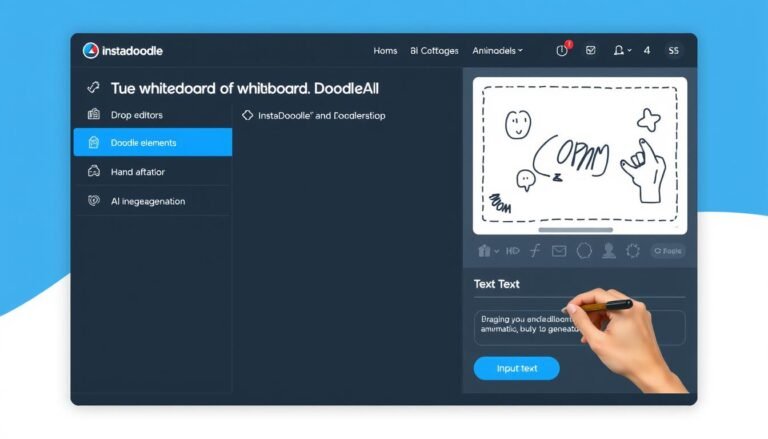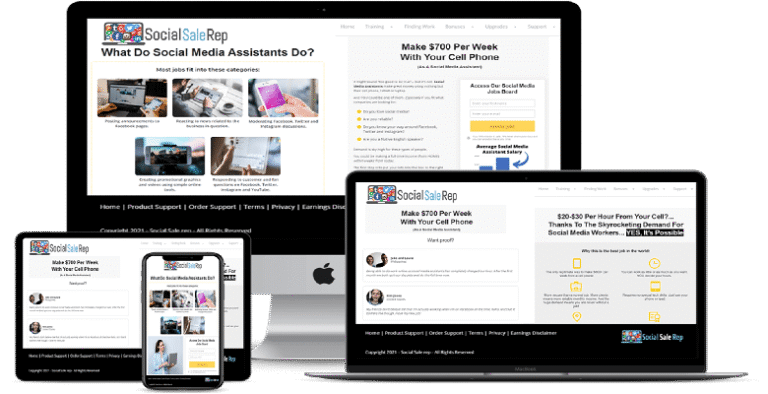The Future of Work: Emerging Job Trends for 2025
Introduction The Future of Work: Emerging Job Trends for 2025
By 2025, the job market will see big changes. The gig economy will grow, and remote work will become common. It’s key to know the trends that will shape the future of work.
Even though most people work full-time, freelancing and self-employment are on the rise. This changes how we work.
The future of work will be influenced by new technologies and work models. Understanding these changes is vital. It helps us adapt to the evolving workplace.
Global events and the need for flexible work hours are also important. Staying updated on job trends 2025 and workforce transformation is essential.
Key Takeaways
- The gig economy is expected to engage nearly 50% of the workforce by 2025, driven by a demand for flexible schedules.
- Remote and hybrid work models are expected to continue growing, making work more flexible for employees.
- Investing in upskilling and continuous learning is key, with 74% of employees wanting to learn new skills.
- Companies focusing on Diversity, Equity, and Inclusion (DEI) could see a 35% boost in performance.
- The shift to remote work is seen as permanent post-pandemic, with 58% of workers preferring it.
- By 2025, AI will handle routine tasks, freeing humans for creative and strategic work.
- Leadership models will focus more on empathy and adaptability, with a 40% increase in demand for emotional intelligence programs.
Understanding the Transformed Workplace Landscape
The workplace is changing a lot. This is because of new technology, changes in who works, and what people want from their jobs. Now, companies must learn to work in new ways, like remote work and flexible jobs. The gig economy is also growing, with more companies likely to use it by 2025.
Research shows that the workforce transformation will be influenced by trends like AI, mental health, and managing the workforce. Companies will need to teach employees about AI to succeed in an AI world. Some important facts about the changing workplace include:
- 70% of organizations are expected to use remote and hybrid work models by 2025.
- The gig economy is projected to account for 50% of the workforce by 2025.
- 85% of jobs in 2030 will require a strong digital skills foundation.
As the workplace keeps changing, companies must focus on employee well-being. They should also offer ongoing learning and create a supportive team culture. This way, they can keep the best workers, succeed in business, and stay up-to-date in the fast-changing job world.
Remote Work Revolution: A Case Study of Fortune 500 Companies
Understanding the impact of remote work on productivity and costs is key. Many big companies like Amazon and Starbucks are moving to remote work. This change is making work more flexible and helping companies save money.
Companies are now using a mix of remote and in-person work, known as a hybrid work environment. Harvard Business Review found that this approach boosts productivity and cuts costs. For instance, remote work can make employees 25% more productive than office work.
- Increased flexibility and work-life balance
- Reduced commuting time and expenses
- Improved employee productivity and job satisfaction
Thinking about starting remote work in your company? It’s important to look at both the good and the bad sides. With the right strategy, remote work can help your business grow and make your employees happier.
The Rise of the Gig Economy and Flexible Employment
The gig economy is booming, with 35% to 40% of the US workforce joining in. People want jobs that offer flexibility and freelance work. Companies like Uber and Airbnb are leading this change.
One big plus of the gig economy is how easy it is for businesses to grow their teams. They can adjust to changing workloads without big commitments. This also means they can find the best talent from around the world, helping projects get done faster.
- Flexible work arrangements
- Autonomy and independence
- Opportunities for freelance and contract work
- Access to a global talent pool
As the gig economy grows, it’s key for businesses and workers to grasp its pros and cons. With the right strategy, the gig economy can be a win-win for everyone.
Essential Digital Skills for Future Work Success
To stay ahead in the job market, you need to learn digital skills beyond basic computer use. By 2025, skills like data management, digital communication, and cybersecurity will be key. The automation impact on jobs will be big, with AI and automation likely to replace about 20 million jobs worldwide.
The workforce transformation means you must invest in your digital education. Use online courses and workshops to boost your skills. Important digital skills for the future include:
- Data analysis and interpretation
- Programming and software development
- Digital marketing and social media management
- Cybersecurity and data protection
A report shows 90% of job ads will look for digital skills like data literacy and digital communication by 2025. Keeping up with learning and upskilling is key for a long career. About 60% of companies are investing in upskilling programs to fill tech and AI skill gaps.
By mastering these digital skills, you can work more efficiently and stand out in the job market. Stay flexible and keep updating your skills to stay relevant in the fast-changing job world.
| Skill | Importance |
|---|---|
| Data analysis and interpretation | High |
| Programming and software development | High |
| Digital marketing and social media management | Medium |
| Cybersecurity and data protection | High |
Automation and AI: Reshaping Job Roles
Automation and AI are changing the job market a lot. Many jobs will be improved by these technologies. A Forbes report says big companies like Google and Microsoft are spending a lot on AI research. This will lead to new jobs that use AI.
Workers will need to learn new skills like coding and data analysis. They will also have to learn how to work with AI. New jobs like AI specialists and data scientists are emerging.
Automation and AI bring many benefits. They make work more efficient and reduce mistakes. For example, chatbots handle simple customer questions, freeing up people to deal with harder issues.
AI is also making tasks like welding and packing faster. But, it means fewer jobs for people doing these tasks. This shows how AI is changing work.
To do well in a job market with AI, you need to keep learning. You’ll need skills like coding and data analysis. Creative problem-solving and emotional intelligence are also key.
It’s important to talk openly and invest in training for AI. This way, you can be ready for the changes AI brings. By doing this, you can make the most of new opportunities in the job market.
Hybrid Work Environments: Best Practices from Leading Organizations
Many companies are moving to hybrid work setups to boost productivity and cut costs. A Harvard Business Review report shows Amazon and Starbucks are making employees come to the office some days. This mix of work-from-home and office time is now a top choice for job seekers.
Creating a hybrid work space needs careful planning. Important things to think about include:
- Technology needs, like fast internet and team tools
- Ways to keep teams working together, like online meetings and open talks
Hybrid work setups offer more flexibility and better productivity. They also help save money and make employees happier. As work styles change, companies must keep up and meet their team’s needs.
Future of Work Trends 2025: Industry-Specific Analysis
Looking ahead, we must think about how new tech will change work in various fields. A Gartner report says AI, blockchain, and IoT will shape the future. Companies will need to keep up with these trends to stay ahead.
By 2025, job trends will likely favor remote and hybrid work. Already, 60% of North American companies work this way. By 2027, 75% plan to do so. This means workers will need to get better at digital skills to find jobs.
Different sectors will face unique challenges as these trends take hold. For instance, AI could cut work hours by 10%. Also, the gig economy is set to grow, with over 1.6 billion workers by 2025. In the U.S., over 50% of the workforce might join the gig economy by 2027.
Here are some important stats about the future of work:
| Statistic | Value |
|---|---|
| Percentage of companies operating on a hybrid model in North America | 60% |
| Projected size of the global gig workforce by 2025 | 1.6 billion |
| Estimated reduction in working hours due to Large Language Models like GPT-4 | 10% |
Conclusion: Preparing for Your Role in Tomorrow’s Workforce
The future of work is changing fast. You need to get ready with the right digital skills to keep up. A Forbes report says key trends include AI literacy, mental health awareness, and smart workforce management. Employers will focus on AI training to help workers use new tech well.
To get ready for the future, work on skills that mix tech know-how with people skills. Paul Wolfe, a human-first leadership expert, says employers want people who can use tech to boost work and make smart choices. By always learning and improving your skills, you’ll be ready for the job market’s quick changes.
Discover Flexible Freelance Writing Jobs You Can Do From Home







